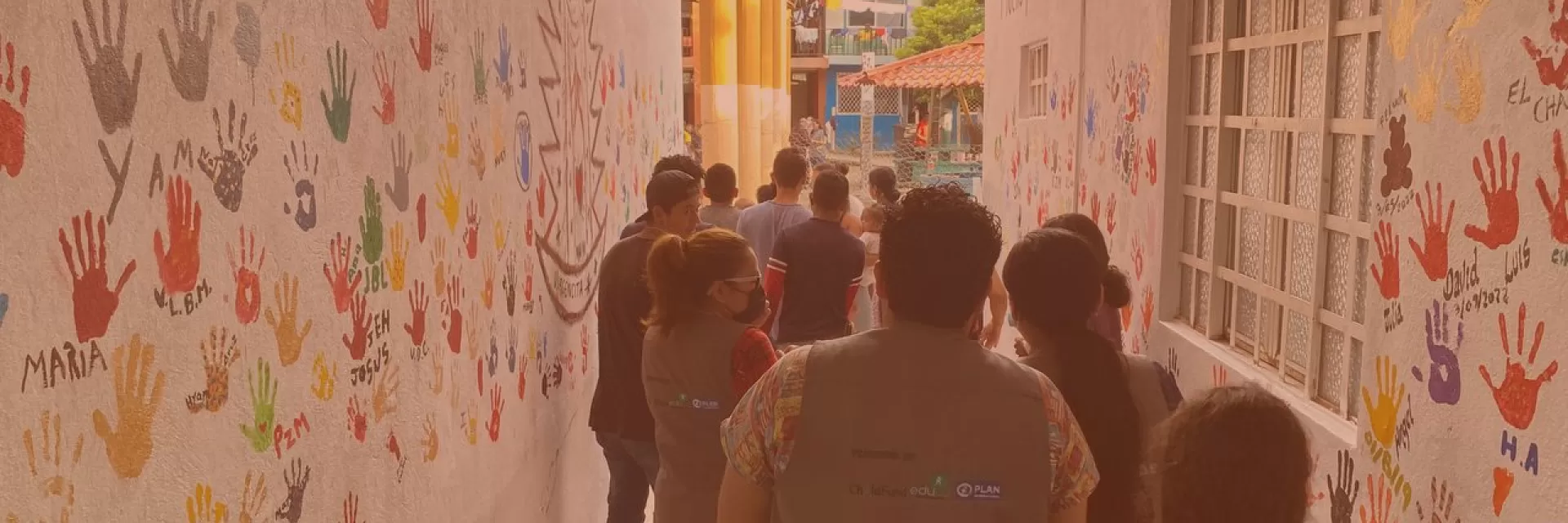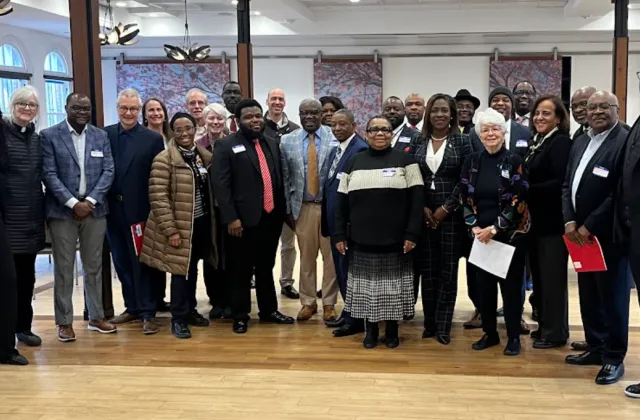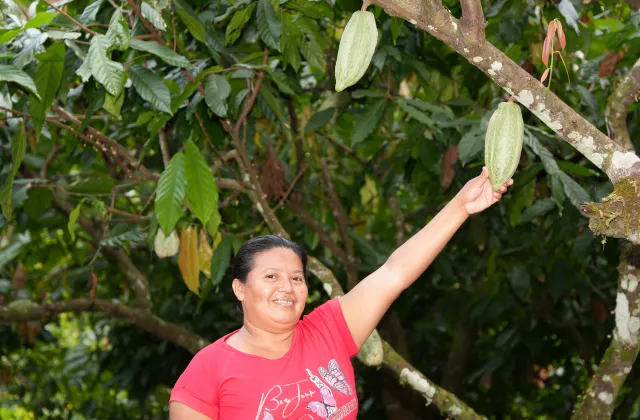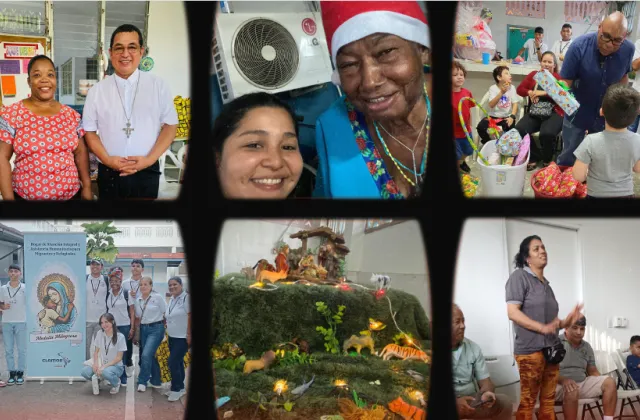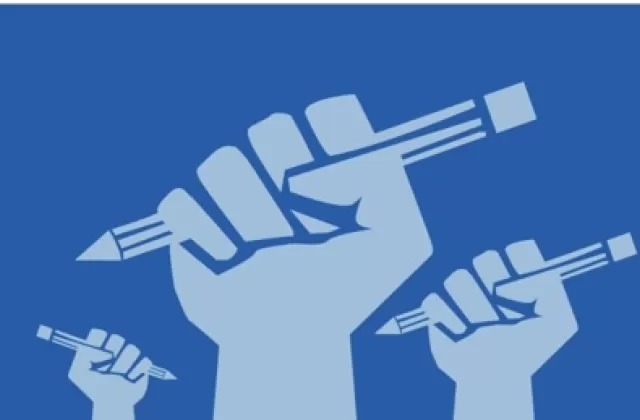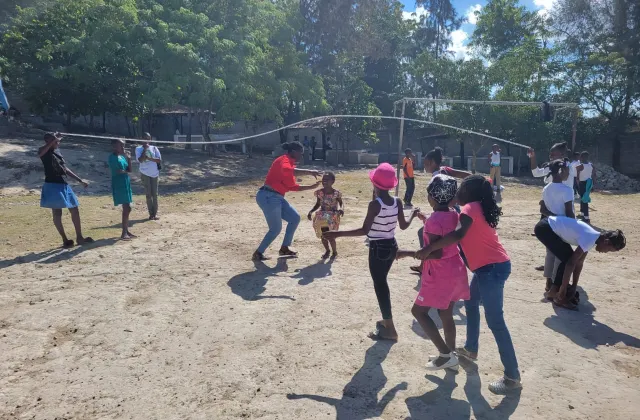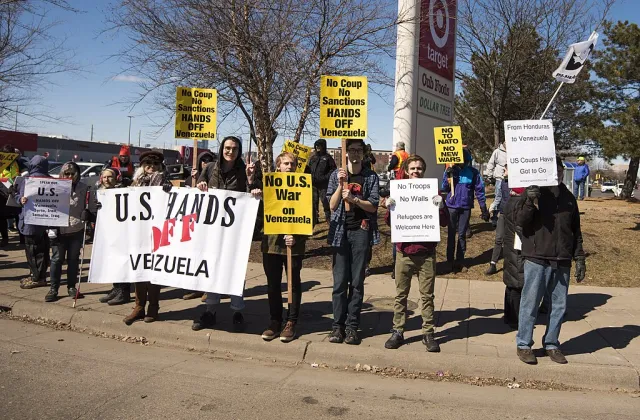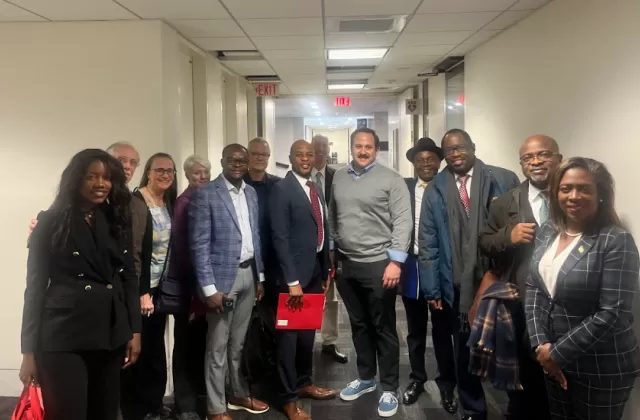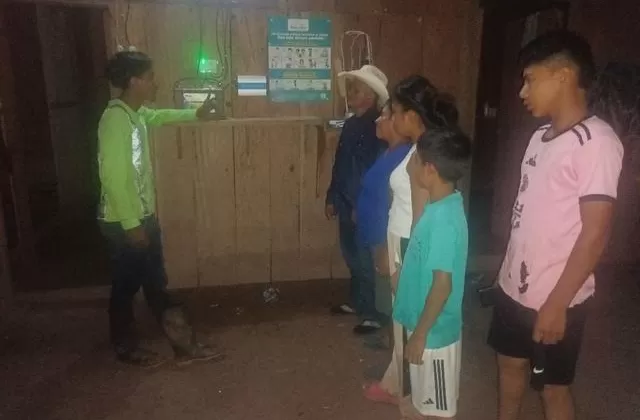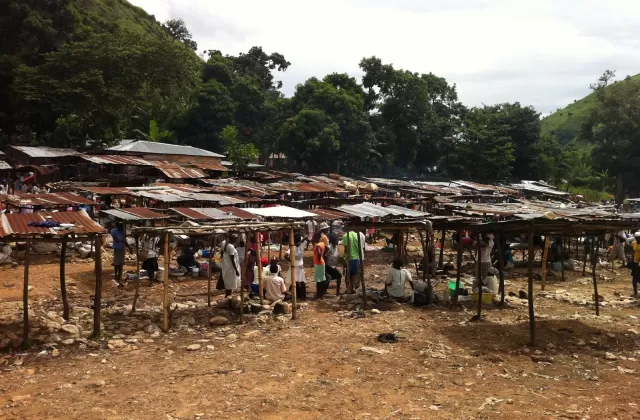Subscribe to our weekly newsletter HERE.
Judge Blocks Termination of TPS for Haitians—But Their Future Remains Uncertain
Last Tuesday evening brought a moment of relief many had been holding their breath for. In a decisive ruling, D.C. Circuit Court Judge Ana Reyes blocked the Department of Homeland Security’s attempt to terminate Temporary Protected Status (TPS) for Haitians. Her opinion stated plainly what has been evident for some time: the effort to end TPS was preordained and rooted in blatant racism.
Haiti and Haitians in 2026
Haiti remains volatile. According to the most recent report from the UN Security Council, there are now 1.4 million people displaced, 12% of the population, and 5.9 million people facing hunger, with 1.9 million facing extreme hunger. There are also alarming levels of sexual violence, with women and girls the primary victims.
Lighting the Path Forward: Inspiring Results from Our Nicaragua Pilot with CacaoNica
 As we step into a new year, Quixote Center is proud to share a story of resilience, partnership, and tangible hope emerging from rural Nicaragua. In collaboration with CacaoNica, Green Empowerment, and PeaceWorks, we launched the Community Autonomy in Energy and Sanitation (ACES) pilot project in August 2025—an initiative rooted in a simple but powerful vision: that access to clean energy and dignified sanitation can transform lives.
As we step into a new year, Quixote Center is proud to share a story of resilience, partnership, and tangible hope emerging from rural Nicaragua. In collaboration with CacaoNica, Green Empowerment, and PeaceWorks, we launched the Community Autonomy in Energy and Sanitation (ACES) pilot project in August 2025—an initiative rooted in a simple but powerful vision: that access to clean energy and dignified sanitation can transform lives.
Walking with migrants: one year of impact by the Franciscan Network for Migrants (RFM) in Panama
In the midst of one of the most complex migration crises in the region, the Franciscan Network for Migrants (RFM) in Panama continues to be a beacon of hope for thousands of people in human mobility. On the verge of completing three years of service, 2025 has been a year of consolidation, growth, and deep commitment to human dignity, especially for those who are most vulnerable: sick or injured migrants, returnees, asylum seekers, and families who cannot return to their countries of origin due to political, economic, or social crises.
Three People Charged with Illegal Weapons Trafficking
On January 6 the US Justice Department announced an indictment charging one US citizen and two Haitian citizens with conspiracy to smuggle goods and unlawfully ship firearms from the United States to Haiti.
Christmas Season Event Brings Joy to Displaced Children in Gros Morne, Haiti
Over a three-day weekend between Christmas and New Years, over 100 children from displaced families participated in a series of fun and insightful activities in Gros Morne, Haiti. With Quixote Center's support, the Lachandlé parish organized the children to celebrate Christmas by playing games, learning new skills and discussing how to stay safe.
CLAMOR Network Statement Asking for Peace, Dialogue and Respect for Venezuela's Sovereignty
The CLAMOR Network (Red Clamor in Spanish) is the Latin American and Caribbean Ecclesial Network for Migration, Displacement, Refuge and Human Trafficking who work in partnership with the Franciscan Network for Migrants and the Quixote Center. Below is the statement they published in the aftermath of the January 3rd attacks in Venezuela:
End of Year Reflection
It has been a rough year for those of us who care about peace and social justice. Horrified, we have all observed the current administration attacking our deeply held beliefs, and eroding human and civil rights we believed were safe.
The Destabilizing US Military Intervention in the Caribbean
After months of blowing up speedboats under unsubstantiated allegations that these were carrying narco-terrorists, and after an unprecedented military build-up in the region, the administration has been threatening land operations unless the Venezuelan president resigns.
TPS Termination - an Existential Threat for the Haitian Community in the US
Time is running out for the 350,000 Haitians living in the US under Temporary Protected Status (TPS). Even though violent gangs control 90% of Haiti’s capital and large parts of the central region, the Department of Homeland Security announced on the eve of Thanksgiving the termination of TPS status for Haitians, effective February 3rd, 2026.
Transforming the lives of cacao producers in Nicaragua
This summer, Quixote Center launched a new program in Nicaragua to help cacao producers in Waslala improve their livelihoods and overall quality of life. 40 members from the CacaoNica cooperative are participating in a pilot project installing solar panels and latrines in their homes, changing the lives of 200 people.
Violence in Haiti: A New Report
Haiti has been in the news again this week, and not in a good way. Criminal gangs fired on US Marines guarding the US Embassy in Port-au-Prince. Although the Marines did not report injuries, it is an indicator of the gangs’ perception of impunity.
